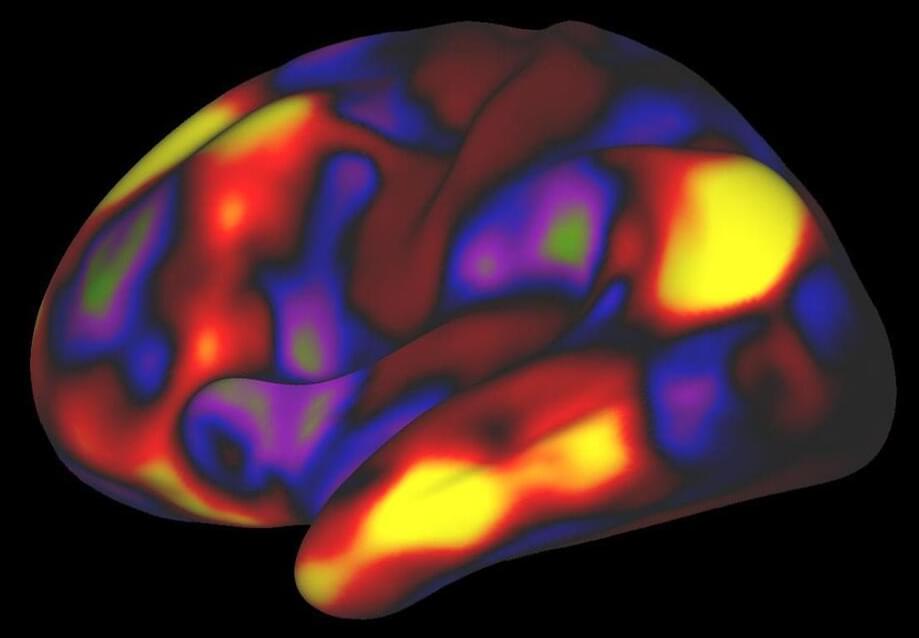Lighten your mood and melt away negativity.
Daniel Amen, M.Dhis nonnegotiable brain health tips to help you become a happier person. Here, his practical advice for a positive mood long term.
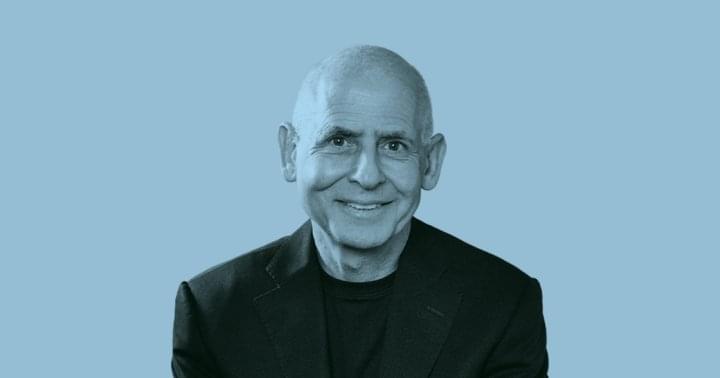
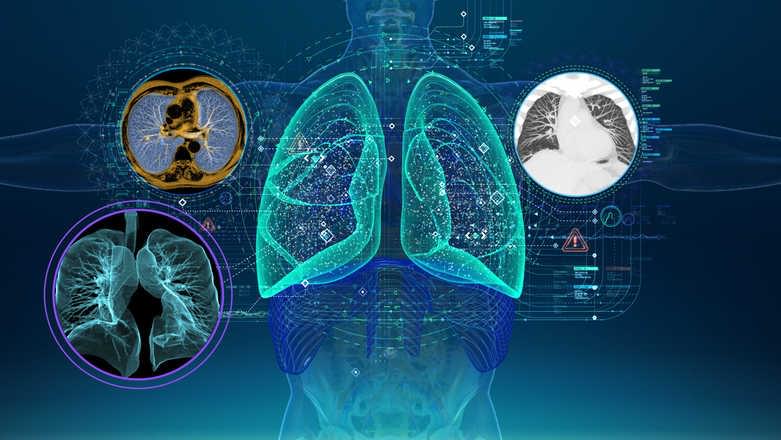
While advancements in healthcare have come in leaps and bounds since the 20th century, there is perhaps none more exciting than what digital twin technology could offer. The healthcare industry has the potential to be revolutionized by this application of new advancements, which will ultimately lead to improved research capabilities and patient outcomes.
Defined as the virtual representation of a physical object or system across its life cycle, a digital twin is a computer program that uses real world data to create simulations that can predict the outcomes of a product or process. A concept initially utilized by NASA in the 1960s, this technology has grown exponentially in the last decade, now further expanding into the world of healthcare.
Beginning in 2014 with The Living Heart Project headed by Dassault Systémes, healthcare research with digital twins has broadened to include organs such as the brain and lungs, as well as projects for virtual parts of the body. With these models, doctors have the potential to discover undeveloped illnesses, experiment with treatments, and improve surgical outcomes. They allow clinicians to test multiple treatments across a vast range of therapies, equipment, and interventions by comparing possible outcomes without taking any risks in terms of patient safety. Ultimately, care can become more precise, targeted, and based on the most accurate data available when digital twins are utilized.
There’s only one Universal Consciousness, we individualize our conscious awareness through the filter of our nervous system, our “local” mind, our very inner subjectivity, but consciousness itself, the Self in a greater sense, our “core” self is universal, and knowing it through experience has been called enlightenment, illumination, awakening, or transcendence, through the ages.
Here’s Consciousness: Evolution of the Mind (2021), Part IV: UNIVERSAL CONSCIOUSNESS
*Subscribe to our channel to catch premiering further installments of the documentary on YouTube! This film is to be released on YouTube in parts.
OR, watch the documentary in its entirety on Vimeo on demand: https://vimeo.com/ondemand/339083
And on TUBI — free (with ads): https://tubitv.com/movies/613341/consciousness-evolution-of-the-mind.
IMDb-accredited film, rated TV-PG Director: Alex Vikoulov Narrator: Forrest Hansen Copyright 2021 Ecstadelic Media Group, Burlingame, California, USA
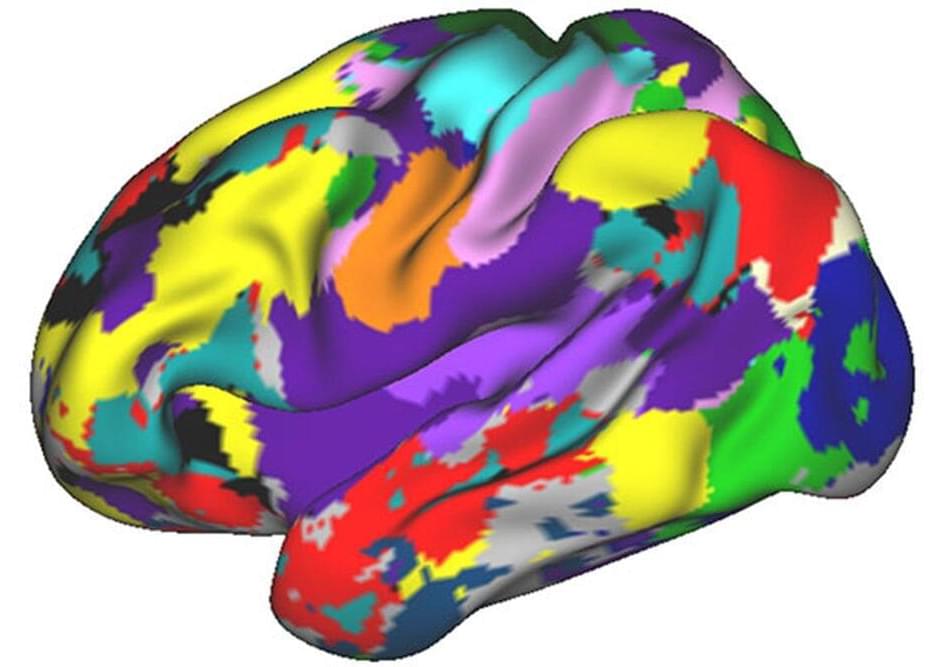
A quest to analyze the unique features of individual human brains evolved into the so-called Midnight Scan Club, a group of scientists who had big ideas but almost no funding and little time to research the trillions of neural connections that activate the body’s most powerful organ.
The research group started in 2013 by two neuroscientists at Washington University School of Medicine in St. Louis who aimed to collect a massive amount of data on individual brains. The study’s subjects were the scientists themselves and eight others, all junior faculty or graduate students.
Most efforts to analyze connections involve scanning many brains and averaging the data across groups of people. For this study, the researchers used brain-imaging techniques to evaluate brain networks that control speech and motor function, among other activities. The researchers examined individuals while resting and performing cognitive tasks such as reading.
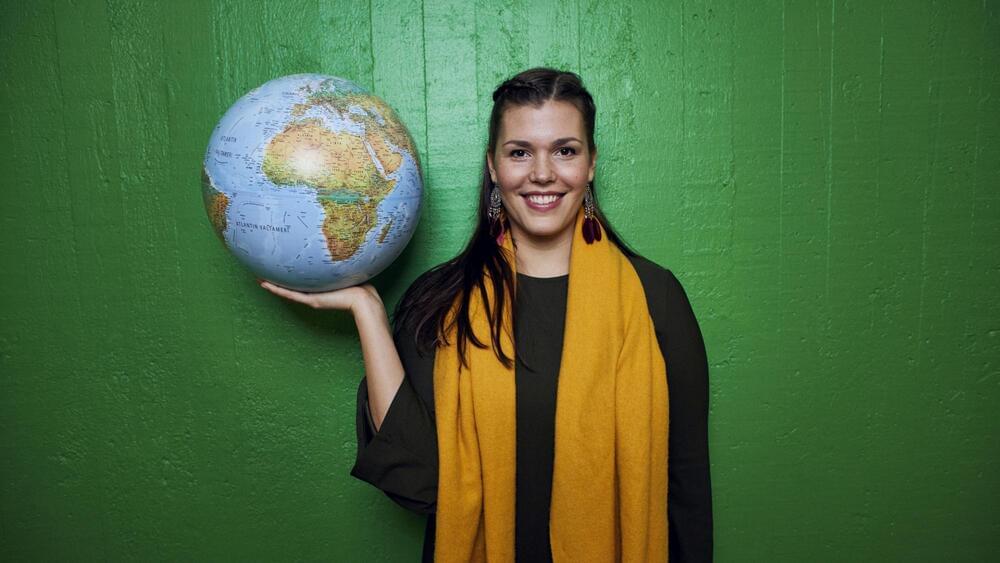
The Neuro-Network.
𝐑𝐞𝐬𝐞𝐚𝐫𝐜𝐡𝐞𝐫𝐬 𝐝𝐢𝐬𝐜𝐨𝐯𝐞𝐫 𝐧𝐞𝐰 𝐢𝐧𝐟𝐨𝐫𝐦𝐚𝐭𝐢𝐨𝐧 𝐚𝐛𝐨𝐮𝐭 𝐭𝐡𝐞 𝐞𝐟𝐟𝐞𝐜𝐭𝐬 𝐨𝐟 𝐬𝐥𝐞𝐞𝐩 𝐨𝐧 𝐭𝐡𝐞 𝐡𝐮𝐦𝐚𝐧 𝐛𝐫𝐚𝐢𝐧
𝙐𝙣𝙞𝙫𝙚𝙧𝙨𝙞𝙩𝙮 𝙤𝙛 𝙊𝙪𝙡𝙪 𝙁𝙪𝙣𝙘𝙩𝙞𝙤𝙣𝙖𝙡 𝙉𝙚𝙪𝙧𝙤𝙞𝙢𝙖𝙜𝙞𝙣𝙜 𝙧𝙚𝙨𝙚𝙖𝙧𝙘𝙝 𝙜𝙧𝙤𝙪𝙥 𝙝𝙖𝙨 𝙛𝙤𝙧 𝙩𝙝𝙚 𝙛𝙞𝙧𝙨𝙩 𝙩… See more.
The University of Oulu Functional Neuroimaging research group has for the first time succeeded in describing how the various types of pulsations in the human brain change when a person sleeps.
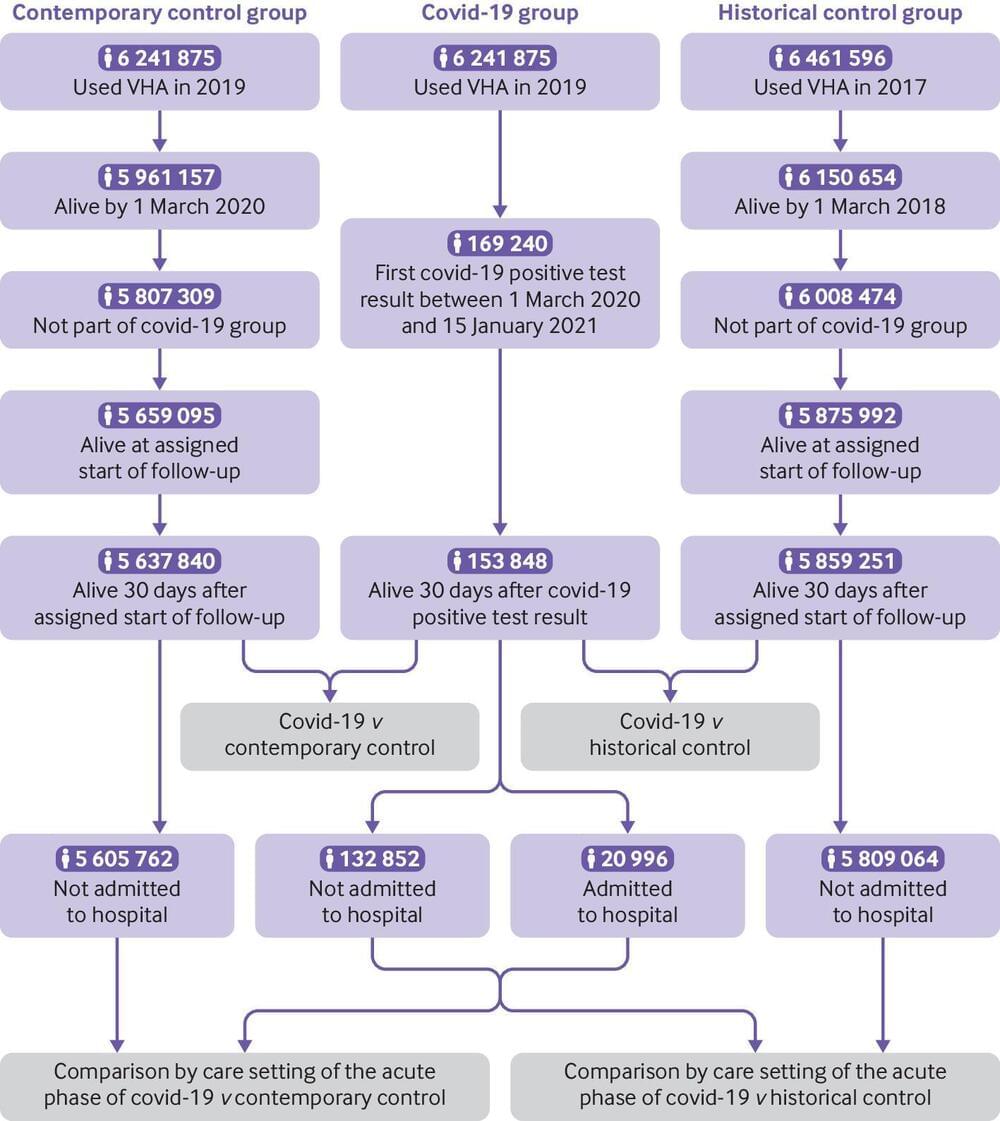
Objective To estimate the risks of incident mental health disorders in survivors of the acute phase of covid-19.
Design Cohort study.
Setting US department of veterans affairs.
Participants Cohort comprising 153 848 people who survived the first 30 days of SARS-CoV-2 infection, and two control groups: a contemporary group (n=5 637 840) with no evidence of SARS-CoV-2, and a historical control group (n=5 859 251) that predated the covid-19 pandemic.
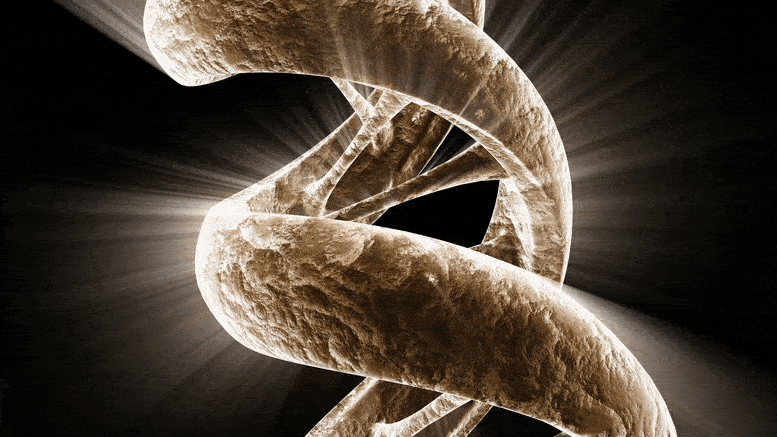
Epidemiological data have long linked depression with Alzheimer’s disease (AD), a neurodegenerative disease characterized by progressive dementia that affects nearly 6 million Americans. Now, a new study identifies common genetic factors in both depression and AD. Importantly, the researchers found that depression played a causal role in AD development, and those with worse depression experienced a faster decline in memory. The study appears in Biological Psychiatry, published by Elsevier.
Co-senior author Aliza Wingo, MD, of Emory University School of Medicine, Atlanta, USA, said of the work, “It raises the possibility that there are genes that contribute to both illnesses. While the shared genetic basis is small, the findings suggest a potential causal role of depression on dementia.”
The authors performed a genome-wide association study (GWAS), a technique that scans the entire genome for areas of commonality associated with particular conditions. The GWAS identified 28 brain proteins and 75 transcripts – the messages that encode proteins – that were associated with depression. Among those, 46 transcripts and 7 proteins were also associated with symptoms of AD. The data suggest a shared genetic basis for the two diseases, which may drive the increased risk for AD associated with depression.
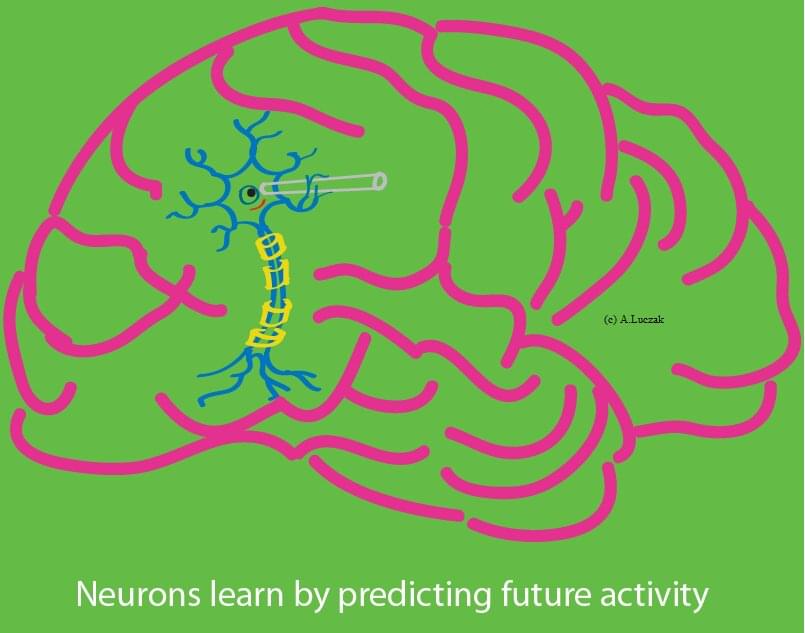
Humans have been trying to understand how the brain works and how it acquires information for centuries. While neuroscientists now have a pretty good understanding of how different parts of the brain work and what their function is, many questions remain unanswered; thus, a unified neuroscience theory is still lacking.
In recent years, computer scientists have been trying to create computational tools that artificially recreate the functions and processes of the human brain. New neuroscience theories clarifying how the brain makes predictions could help to significantly enhance these tools so that they replicate neural functions in increasingly realistic ways.
Researchers at the Canadian Centre for Behavioural Neuroscience in Lethbridge, Canada have recently carried out a study investigating how individual neurons learn and make predictions about the future. Their findings, published in Nature Machine Intelligence, suggest that the ability of single neurons to predict their future activity could offer a new learning mechanism.
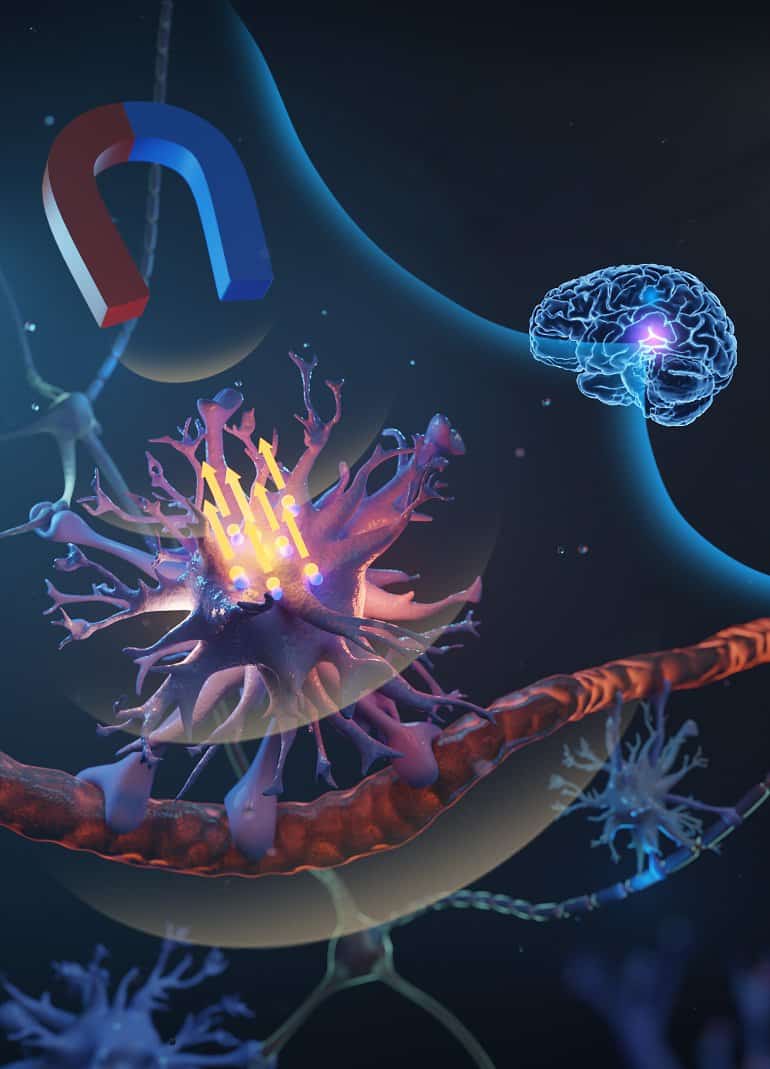
Summary: A newly developed technique allows researchers to remotely active neurons with the aid of microscopic magnetic particles.
Source: UCL
Scientists at UCL have developed a new technique that uses microscopic magnetic particles to remotely activate brain cells; researchers say the discovery in rats could potentially lead to the development of a new class of non-invasive therapies for neurological disorders.
